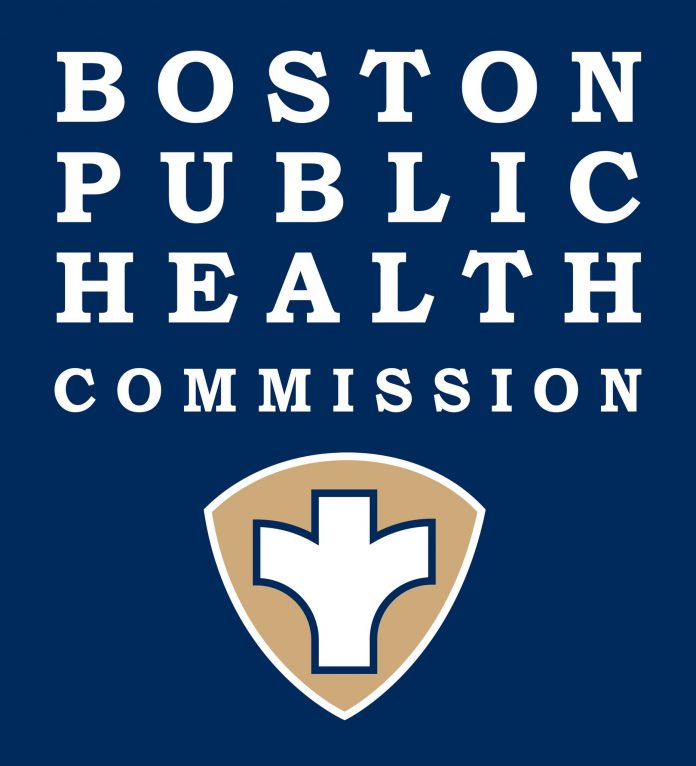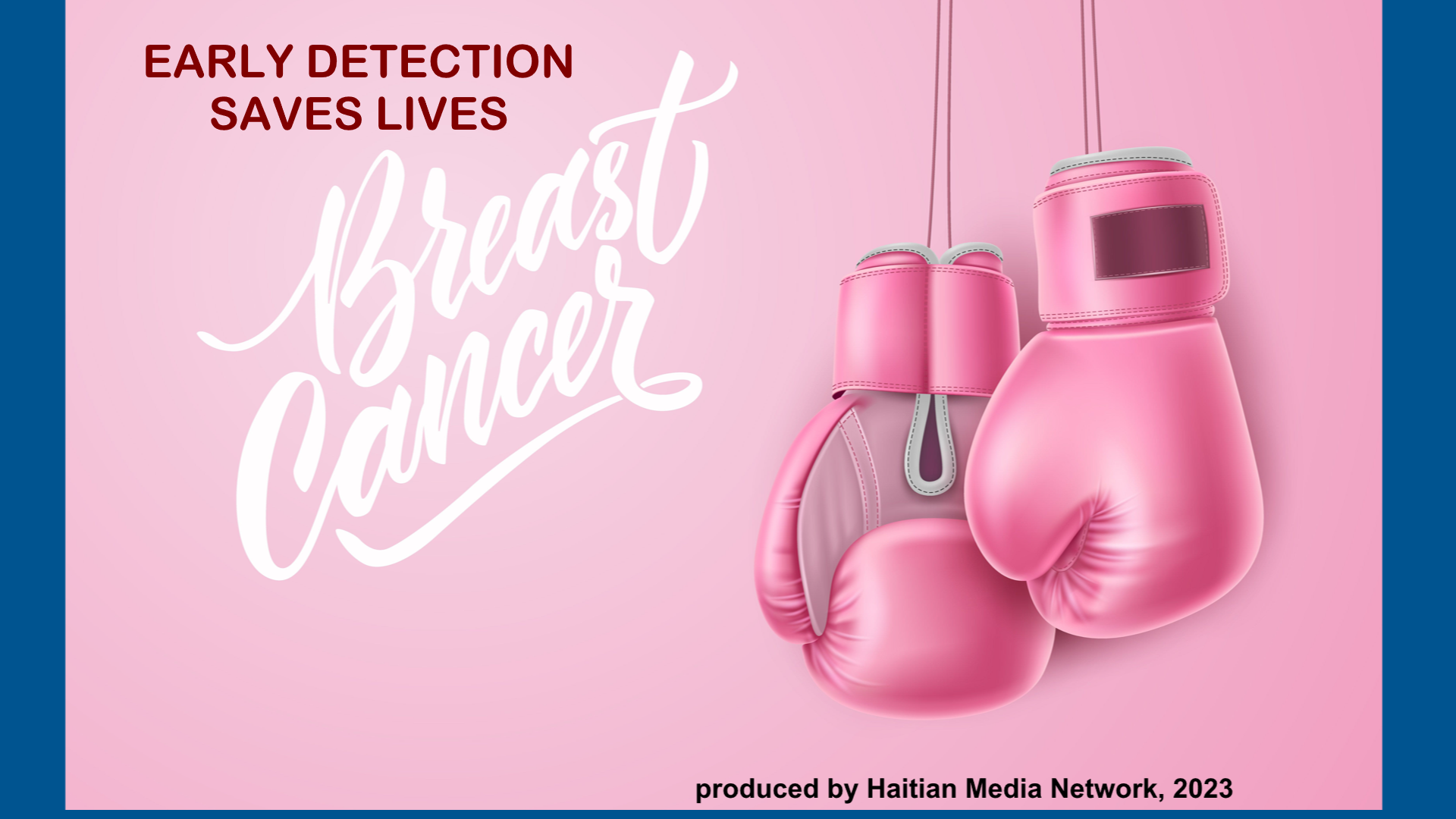New Website Makes STI Testing and MPOX Vaccination Easier and More Accessible
BOSTON – June 9, 2023 – The Boston Public Health Commission (BPHC) has partnered with
Boston Pride for the People (BP4TP) to make LGBTQ+ health and wellness a key theme of this year’s celebrations.
The past few years saw tremendous challenges to health and wellbeing of LGBTQ+ individuals across the country, as homophobic and anti-trans policies and rhetoric have been used to politicize their identities, put access to affirming health care out of reach, and undermine their rights. As such, both BPHC and BP4TP believe that prioritizing health and wellness is an essential theme for this year’s Pride celebrations, which aim to be more inclusive and better aligned with the needs of Boston’s LGBTQ+ residents.
“Equity in the public health sector is a key piece of protecting and preserving communities across Boston,” said Mayor Michelle Wu. “We are grateful to Boston Pride for the People and the Boston Public Health Commission for their work to amplify, inform, and advocate for our LGBTQ+ communities’ health and well-being.”
“It is absolutely necessary that public health be a vocal ally and partner to our LGBTQ+ communities during this era of unprecedented attacks on their rights and health care,” said
Dr. Bisola Ojikutu, Commissioner of Public Health and Executive Director of the Boston Public Health Commission. “BPHC will continue to work with BP4TP and the diverse LGBTQ+ community in Boston to ensure access to critical and affirming care.”
LGBTQ+ individuals, particularly those of color, face significant health disparities and experience poorer health outcomes resulting from difficulty access affirming, inclusive care, as well as harmful rhetoric. Data from the Department of Health and Human Services show LGBTQ+ persons are less likely to have insurance, and therefore more likely to have delays and challenges affording their care. And, according to the National Alliance on Mental Illness (NAMI), LGBTQ+ identifying individuals are twice as likely to experience a mental health condition as heterosexual individuals, and are at higher risk for substance use disorders, homelessness, and suicide.
“LGBTQ+ Pride celebrations were born out of concern for the health and safety of queer people,” said Gary K. Daffin, Executive Director of Multicultural AIDS Coalition and Co-Chair of the BP4TP Parade Committee. “Fifty years after Stonewall, health is still at the core of our mission. We march with friends, family, and allies to affirm that queer people deserve to live and love fearlessly and access the healthcare we need. Boston Pride for the People is hosting its inaugural parade and festival this year, but the bond between BPHC and the LGBTQ+ community is longstanding and strong. We are excited to grow that partnership.”
As part of this partnership, BPHC and BP4TP will distribute 10,000 condoms and other sexual health and safety supplies during Saturday’s parade and at other events over the rest of the month. The two organizations have also launched a digital ad campaign on popular LGBTQ+ dating apps like Adam4Adam, Grindr, Tinder, and others, that encourage individuals to get tested for STIs and vaccinated against the MPOX virus. While there has not been a confirmed case of MPOX in a Boston resident since January, preventative measures like MPOX vaccination enable LGBTQ+ individuals to stay in control of their health in the face of so many health challenges.
To support STI testing and MPOX vaccination, BPHC has launched a new website, bostonpublichealthtesting.com, where users can easily find and setup appointments for services at clinics all throughout Boston.
This partnership builds on BPHC’s decades long commitment to supporting Boston’s LGBTQ+ community, through public health policies that improve access to care and combat harmful homophobic and anti-trans policies, stigma and rhetoric.




